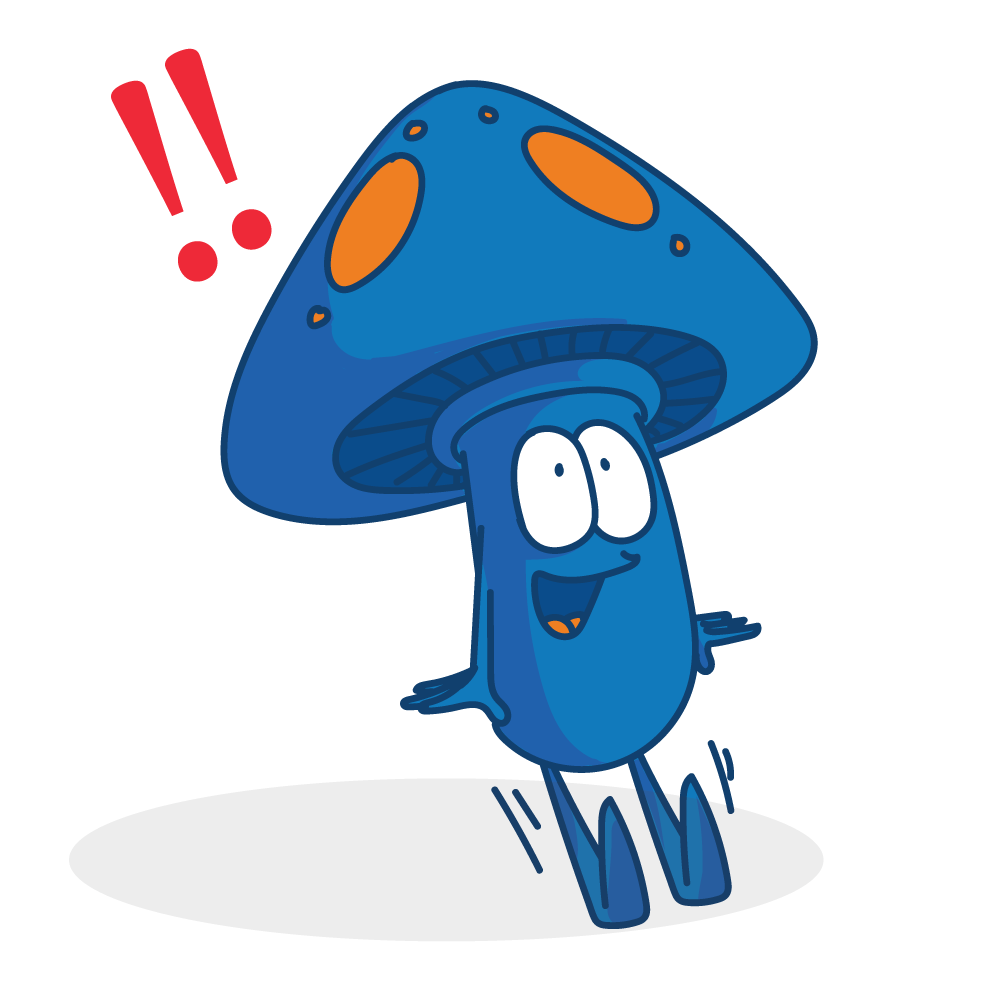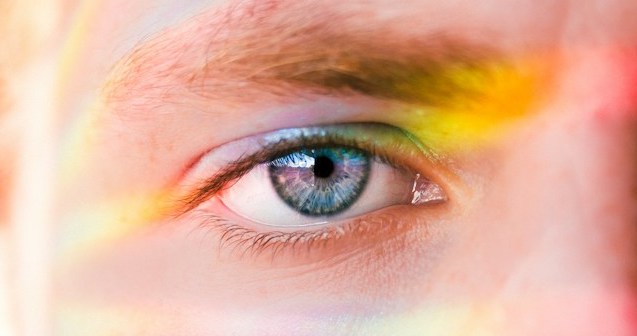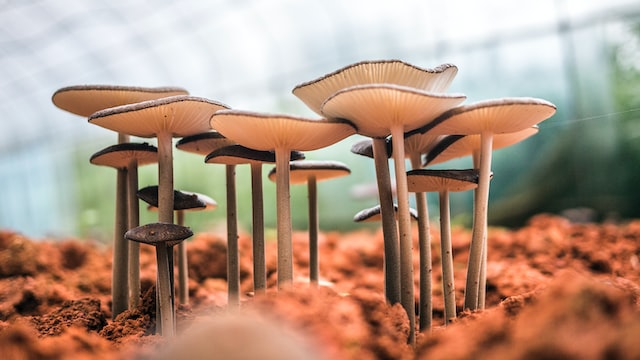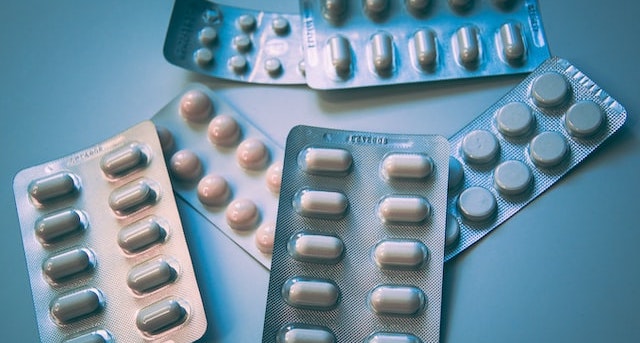Psilocybin (the psychedelic compound in magic mushrooms and truffles) has at last been exonerated from its unfair charge of ‘dangerous drug’. Studies have shown time, and time again, that the medicinal and therapeutic benefits of psilocybin (and other psychedelics like, LSD, DMT, MDMA, ayahuasca and ibogaine) are poised to change the world for the better, spearheading a mental health treatment revolution.
Urban Legends And ‘Fake News’
However, despite all the fanfare, furore, and even the cold hard facts, some people still find it hard to accept that a drug that their parents and teachers warned them against could actually be good. Great, even! It’s understandable. Those who never sought out ‘mischief’ (or just never got the opportunity) are not familiar with the positive stories about psychedelics. About how they can open your mind, free you from anxiety, bring you closer to nature, reconnect you to love, or can be just a wildly good time. Many people just hear the horror stories, urban legends and fake news that flies around — that guy on acid who thought he was an orange! — etc, etc.

While stories like these are patently untrue, they do achieve the goal of scaring the bejeesus out of teenagers who might be considering taking psychedelics. And, if you don’t have anyone to tell you the actual facts, it’s pretty easy to take these urban legends as gospel.
So, we’ve rounded up the most frequently asked questions about psychedelics and mental health. Only when you have the real facts can you make an educated and informed decision if psychedelics are for you.
Read on while we bust some myths with our Q&A.
Q: Can Psychedelics Cause Mental Health Issues?
A: No
A study published in the Journal of Psychopharmacology in 2015, categorically put to bed the idea that psychedelics, like magic mushrooms, can cause mental health problems. In a sample size of 19,000 psychedelics users, researchers found “no associations between lifetime use of psychedelics and increased likelihood of serious psychological distress.” In fact a link was even found between psychedelic use and good mental health.
Of course this doesn’t mean that bad trips aren’t possible. If you go into your psychedelic journey feeling uncomfortable, unhappy, or with something weighing on your mind, you may have a less positive experience. However, this is temporary. There will be no lasting negative psychological effects. And, in fact— people who experience so-called ‘bad trips’ often report positive changes and feelings in the aftermath.

Finally, there is a caveat. Although psychedelics do not CAUSE mental health issues, they can potentially exacerbate ones that already exist. For example, if a person suffers from serious schizophrenia it is not recommended that they take psychedelics. Any mental health condition that compromises your bond with reality is probably not a good fit. But then, if you are someone suffering from schizophrenia it’s probably recommended you do not drink alcohol either. In these cases, caution and common sense is necessary.
Q: Are Magic Mushrooms Addictive?
A: No
Despite the umbrella belief that all drugs are addictive, the science shows that magic mushrooms most certainly are not. This idea came with the clumsy lumping together of psychedelics with other drugs such as cocaine and heroin, which have serious addictive potential. In fact, magic mushrooms are now being studied to treat addiction to other substances like nicotine or alcohol. If you need any more convincing, take the esteemed Professor David Nutt’s word for it;
“The United Nations say they’re addictive, the FDA say they’re addictive, the Misuse of Drugs Act says they’re harmful and addictive. These drugs are anti-addictive. They do not cause addiction. One of the reasons they are banned is because people said they were addictive when they’re not; they treat addiction. They don’t cause addiction. The reason they don’t cause addiction is partly because they treat addiction and partly because they produce a very rapid tolerance or desensitization and that occurs so fast that people stop using.”

Q: Are Magic Mushrooms Toxic?
A: No
Again, it’s a resounding NO. While of course people do get poisoned by mushrooms, for example if they are foraging without a guide and mis-identify a shroom — sure. But psychedelic mushrooms like the Psilocybe cubensis are non-toxic, rather they are just intoxicating (and that’s a good thing!) In fact a recent study showed that magic mushrooms are the safest recreational drug — it’s basically impossible to overdose. Brad Burge of MAPS states;
“There is no known lethal dose for LSD or pure psilocybin,”
When it comes to ‘overdosing’ It’s actually more logical to worry about antidepressants, alcohol, or even salt!
Q: What Mental Health Conditions Can Psychedelics Help With?
A: Research into the therapeutic uses of psychedelics has found they can help treat a diverse range of mental health conditions. Psilocybin has even been rushed through by previously skeptical organizations like the FDA as a breakthrough treatment. This is great news for sufferers of:
- Treatment resistant depression
- Depression
- PTSD
- OCD
- Addictions issues
- Postpartum depression
- Traumatic brain injury
- End-of-life anxiety
- General anxiety disorders,
- Eating disorders such as Anorexia nervosa
Q: Can People Using Other Medications For Mental Health Take Psychedelics?
A: A soft yes?
There has been research into the effects of psychedelic treatment, when taken in conjunction with common antidepressant or anxiety medications. SSRIs (selective serotonin reuptake inhibitors) make up 80% of prescribed antidepressants, and some studies have found that those who take these pharmaceuticals have a blunted response to the effects of psilocybin.

However, more recent studies have found there to be no problem with efficacy when combined, and they can be used simultaneously. For example, researchers for biotechnology company MindMed, in November 2021 released data which showed how psilocybin and SSRIs interact in humans. The study, carried out by University Hospital Basel, found that participants who were using the SSRI escitalopram still experienced the positive mood effects of psilocybin. They also had a reduced potential for the negative effects psilocybin can cause such as anxiety, when compared with the placebo group. Dr. Miri Halperin Wernli, MindMed’s Executive President outlined;
“If the results are confirmed in subsequent studies, with other substances and in patients rather than healthy individuals, antidepressants may no longer need to be stopped for psilocybin treatment,”
Another caveat however: some psilocybin retreats in The Netherlands and Jamaica currently will not take people on for treatment if they are taking SSRIs. This then means the decision to taper off SSRI treatment has to be reckoned with — and it is a serious process. Unlike shrooms, SSRIs do have addictive qualities and physical withdrawal. This means that coming off SSRIs needs to be done with proper supervision and help. And, definitely only after discussing it with your doctor. Going forward however, these stipulations may change based on the research of companies such as MindMed.
Q: How Long Do The Effects of Psilocybin Last On Your Mental Health?
A: This is one of the most exciting findings when it comes to shrooms and mental health — the lasting effect, or ‘afterglow’. Even though your body metabolizes psilocybin within 24 hours, the fabled afterglow is very much a real thing, with users reporting sustained good mood and feelings of wellbeing, long after the effects of the drug itself has worn off. Additionally, studies have found that even just one psychedelic trip is enough to reset some people’s outlook on life to a more positive perspective, forever. Many people who have had psychedelic experiences rank them as one of the most important events of their lives.

This is great news for those who are currently taking antidepressants or anti-anxiety meds. These treatments are chronic and expensive, often with negative side-effects associated with them. Magic mushrooms can be taken much less regularly. In some cases people stop taking them when they feel they are in ‘remission’. This is something impossible with traditional pills.
Q: How Can A ‘Party Drug’ Be A Medicine?

A; This is a bit of a trick question. A red herring, as it were. Because really, it’s a total misconception that magic mushrooms are ‘party drugs’. Sure, you can take them at a party. But, then it’s much more likely you and your shroomy friends will lie back and have some trippy heart-to-hearts and giggles rather than dance the night away. By lumping them in with excessive drinking or stimulants like speed or cocaine, and the debauchery associated with this lifestyle, the powers-that-be made sure that psychedelics would not be taken seriously as the medicines that they truly are.
We hope that this FAQ / myth-busting sesh has given you all the answers you need about psychedelics and mental health. Now, you yourself can go forth with the facts, leaving the urban legends in the dust.
And for more general FAQs we have some excellent articles that can answer them — such as:
How To Take Shrooms For The First Time
Happy learnin’! And remember — share the knowledge!





